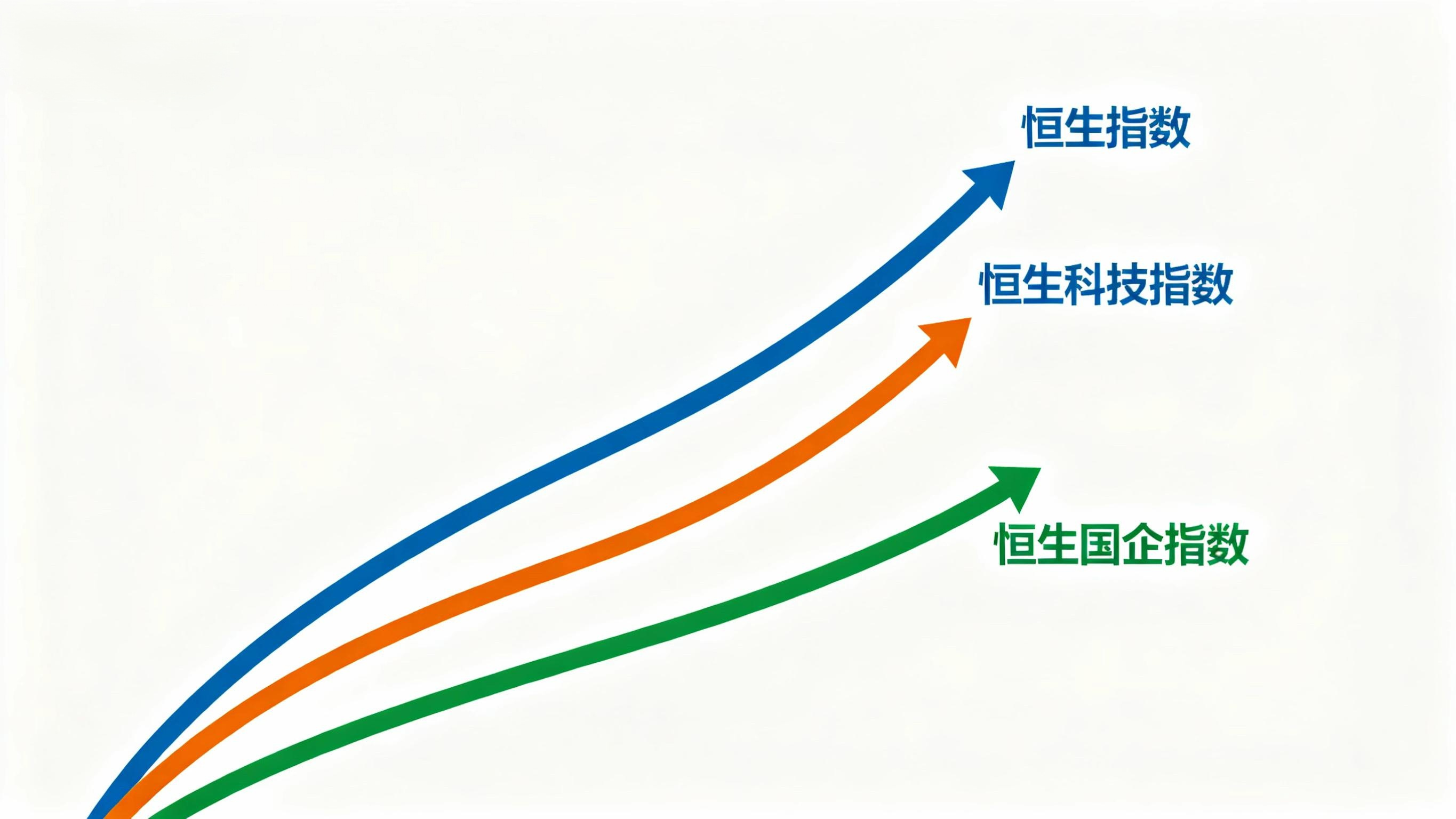
On the morning of September 11, the three major Hong Kong stock indices opened lower collectively. The Hang Seng Index fell 0.81% to 25,987.49 points, the Hang Seng Tech Index fell 0.97%, and the HSI China Enterprises Index fell 1.02%. In terms of sector performance, most technology and internet stocks declined, gold stocks were active, multiple stocks in the cloud computing sector rose, some insurance stocks advanced, innovative drug concepts generally opened lower, and automotive stocks trended downward. After opening, the Hang Seng Tech Index ETF (513180) once fell over 1%. Among its holdings, Baidu Group, Bilibili, Meituan, XPeng Motors, JD.com, Kuaishou, Alibaba, etc., led the declines.
On the capital front, as of September 10, southbound funds had net bought Hong Kong stocks for nine consecutive trading days. As of the time of writing, southbound funds had net bought over HKD 5 billion worth of Hong Kong stocks intraday. Recently, southbound funds may once again favor Hong Kong stocks' AI core assets. As of September 10, southbound funds had net bought Alibaba for 14 consecutive trading days, with a total net purchase amount of HKD 33.414 billion during this period.
On the news front, on September 10, Amap officially launched the "Amap Street Sweeping List," covering three major categories: food, hotels, and scenic spots, with a particular focus on offline dining merchants. The list relies on Amap's behavioral data such as navigation, search,收藏 (favorites), and check-ins, combined with factors like repurchase rate, specially made trips, and audience breadth, and incorporates Sesame Credit weighting. It emphasizes "authenticity and non-manipulable scores" and promises never to commercialize. Additionally, Amap simultaneously launched the "Yanhuo Good Store Support Plan," planning to invest over RMB 1 billion in subsidies to bring an average of 10 million daily customer visits to offline merchants.
Haitong International believes that the Amap Street Sweeping List is essentially the first phase of Alibaba's intensified local life strategy. It has limited impact on the market share of Meituan and Douyin in the short term but has the potential to become a core lever for Alibaba in building an offline consumption ecosystem in the medium to long term. If the list is deeply integrated with transactions in the future (e.g., directing traffic to Ele.me or Taobao Quick Deals), it could form a closed loop from search and navigation to transaction fulfillment.
Public information shows that the underlying index of the Hang Seng Tech Index ETF (513180) has a pure "hard tech" attribute, encompassing leading companies in industries such as artificial intelligence, autonomous driving, gaming and media, consumer electronics, and the platform economy. Its current top holdings include Alibaba, Tencent Holdings, Xiaomi Group, NetEase, and SMIC. It is reported that only JD Health and Ali Health among the Hang Seng Tech Index constituents involve healthcare concepts, with a combined weighting of only 3.06%.
















